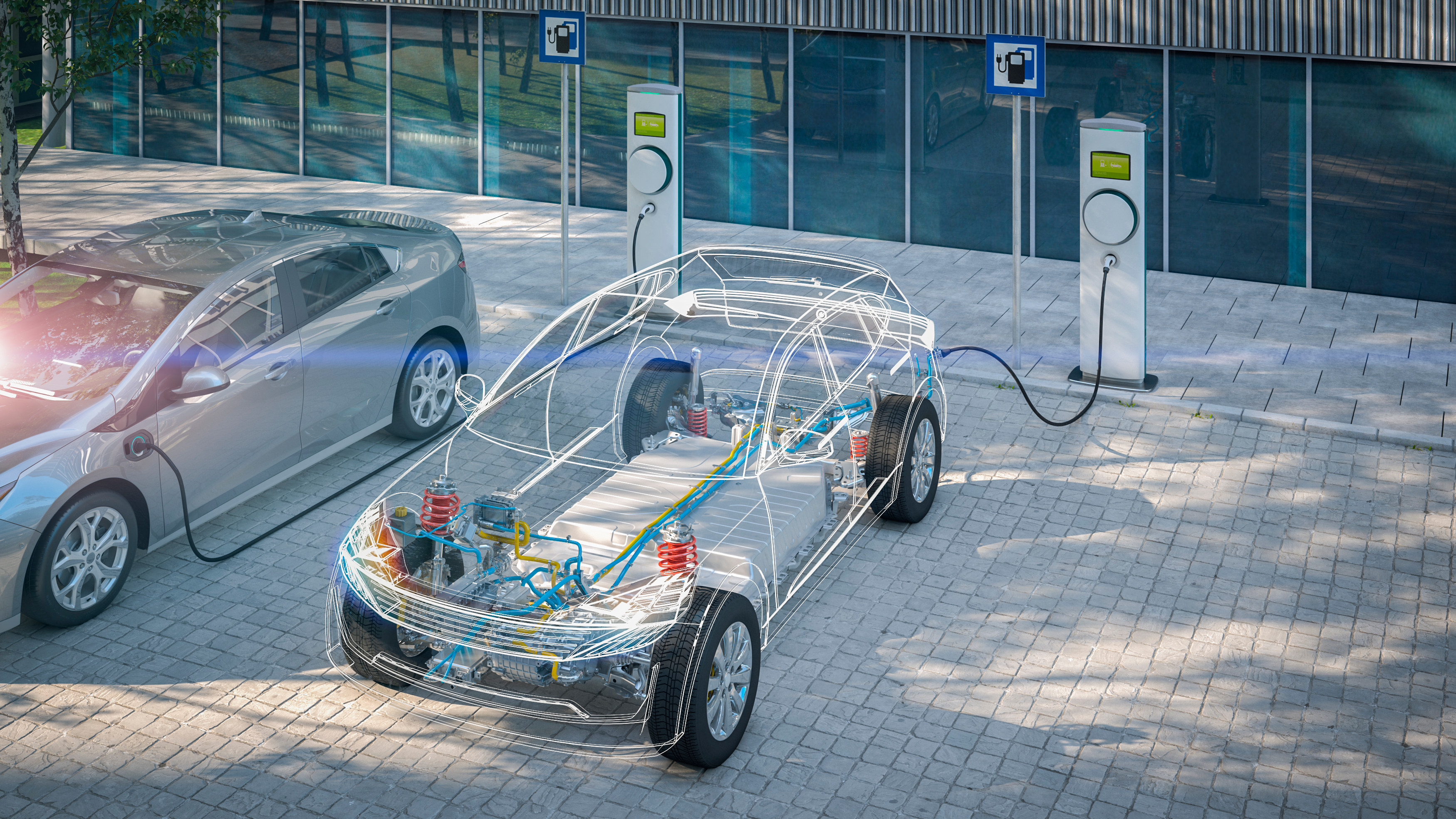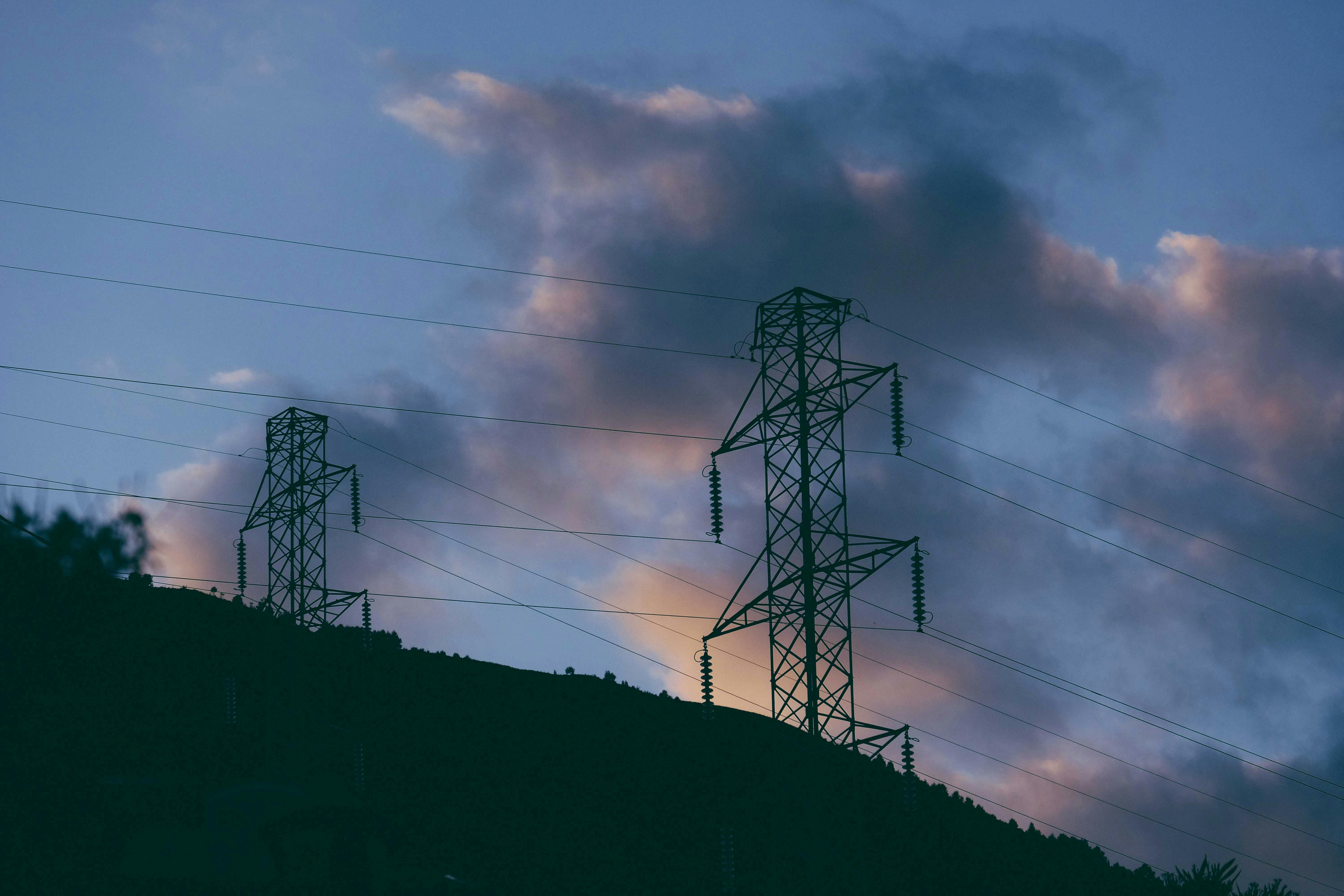Autor
Mariano Marzo
Emeritus Professor of the University of Barcelona

We know that the development and deployment of the necessary technologies and infrastructures for a low-carbon future requires the intensive use of minerals.
In this quest it is possible that, in the coming decades, industrialised countries will successfully lay the foundations for a circular economy of the chemical elements and compounds of such minerals, provided that governments and the private sector make an effort to innovate and improve efficiency throughout the entire supply chain, as well as ensure that all products, for example batteries, can be easily disassembled and recycled. However, even so, current economic and demographic growth trends suggest that mining would still have an important role to play. Basically because the demand for minerals will continue to increase as developing economies reach a level of use per capita similar to that of developed countries.
In any case, although the short-term goal is to maximise recycling and reuse, it is clear that new mines will have to be opened to obtain the resources required by green technologies and infrastructures. The consensus among experts is that there are sufficient geological resources to supply the required minerals, although in this endeavour a delicate balance will have to be maintained between mining needs, the achievement of sustainable development goals, and other environmental and social requirements. Or, in other words, make sure that the results obtained are beneficial both to people and to the planet.
On a different note, it should be recalled that guaranteeing the supply of critical minerals to ensure a successful energy transition constitutes a new facet of the energy security of a country. Governments and companies will have to make every effort to diversify their supply sources to a maximum. And not only external sources. The new sources must include, insofar as possible, the treatment of old waste and the properly regulated exploration and exploitation of new mining areas in the country itself, in order not to rely completely on external sources with uncontrollable, fragile, and problematic supply chains. All this without forgetting the need to analyse and, where appropriate, use the mining potential of the seabed.
Like it or not, we must assume that the fight against climate change and the progress of the energy transition requires opening new mines; so that a fierce opposition under NIMBY ("not in my backyard") premises in a certain place implies transporting the activity to another, typically countries with much less stringent regulatory standards. No doubt an ethically reprehensible outcome.
Article published in La Vanguardia.



